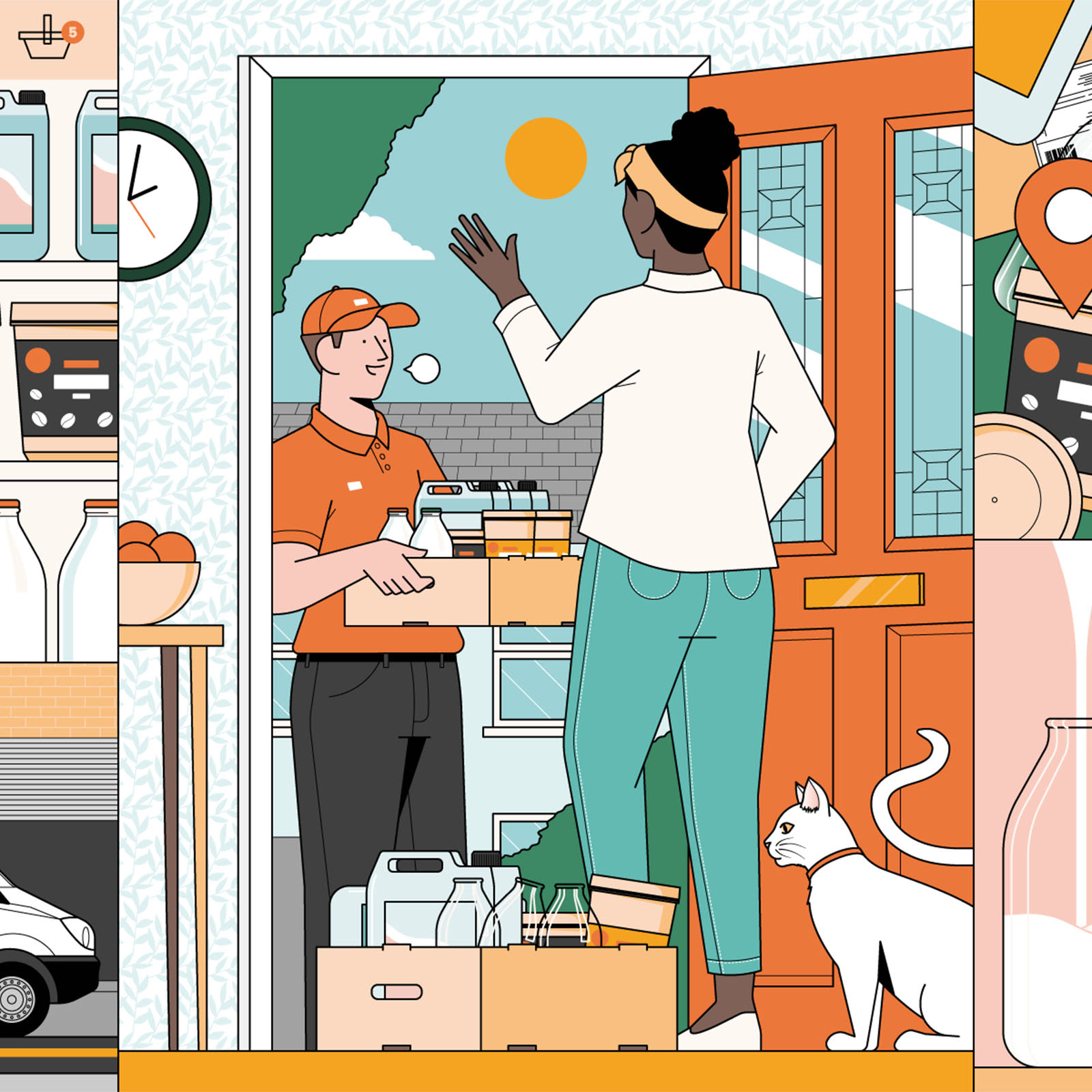
NFTs – non-fungible tokens – have become such a business buzzword, it almost feels like you need to mint one to start a company. But, so far, the real-world impact of these highly valuable jpegs hasn't really materialized beyond dollars in early adopters' bank accounts.
Two LA-based founders are betting that soon could change – they believe that NFTs could be used to lay the groundwork for brand co-creation with customers. Here's how they hope to make it a lasting business model and not just another hype project.
What is it?
Leisure Project is a beverage brand that was launched in 2020 by brothers Alex and Steve Michaelsen. Both were former college athletes who felt the hydration space was overdue for an update. They settled on a ‘hydration wellness-ade’, with ingredients that aid in combating stress, improving focus and helping the drinker be more productive and inspired, even after a workout.
Sounds delicious. Why Web3?
While building the brand, Steve – who works in marketing at Nike – invested in his first NFT from streetwear brand The Hundreds, which also earned him VIP access to a food festival. It clicked – he saw how NFTs could create real-world value. Alex, who works at a TikTok marketing agency and has been involved in the crypto space for years, saw this as a way to build a brand that didn't just reward customers at the transaction level but also created a sense of ownership and identification.
The pair launched a Discord server – a messaging platform originally popularized by gamers and now used frequently by the Web3 community – and began building up a community, with participants sharing ideas for ingredients (should they try allulose as a sweetener?), discussing flavor formulations (how do you make lavender not taste soapy?) and sharing co-packer recommendations. Members are rewarded with access to extra information and input the more they participate. Now, Leisure Project is taking it to the next level with the release of a run of NFTs.
OK, so how will the NFTs work?
In the coming weeks, Leisure Project will release 4,567 ‘Leisure Creature’ NFTs – grinning cartoons cans reminiscent of the Kool-Aid Man (the mascot for drinks brand Kool-Aid) and designed by several different artists. They'll be minted at around .07 to .08 ETH – roughly $200. NFT holders will get the first run of drinks with free shipping and discounted pricing. But, crucially, they'll have access to product testing, and they can pitch new flavors and ingredients, potentially getting hands-on with research and development if their suggestions are chosen by NFT holders (the first ‘community flavor’ will be released this summer). The sale will also fund grants for NFT holders to get creative projects off the ground, among other perks focused on building a community around the brand.
The aim is to make the NFT something that people want to buy and hold, rather than quickly flip for a profit – the perk of ownership is access to building the brand.
How's it going?
Since launching its Discord in December last year, Leisure Project has amassed more than 1,100 people on the platform and is set to ship the first batch of product in southern California by summer. One surprise so far has been the global response – there are a number of active community members in the Philippines (where play-to-earn NFT games have really taken off), despite the product not being available outside the US – something that wouldn't have been possible without Web3 tools.
The road ahead won't be easy – success will depend on whether people actually buy the NFTs as well as buying into the project, and community management will take on a whole new level of importance.
‘We believe that, in the future, the brands and products people enjoy will be co-created by the very community that consumes them,’ says Steve. ‘And, because of this co-creation, the consumers should be rewarded. This is a radical shift in how brands, business and society as a whole have traditionally worked.’
A version of this article was published in the Courier Weekly newsletter. For more useful stories, tips, tricks and simply good advice, sign up here.


